
In California, cyanotoxins have become more of a problem amid the drought. The same toxin that shut down Toledo, Ohio’s water supply in 2014 has been detected in lakes, reservoirs and streams across the state.

In California, cyanotoxins have become more of a problem amid the drought. The same toxin that shut down Toledo, Ohio’s water supply in 2014 has been detected in lakes, reservoirs and streams across the state.
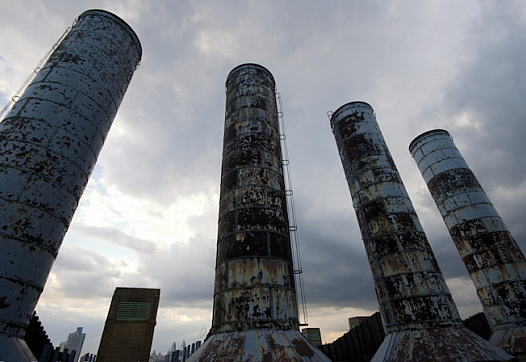
The little girl just wasn’t herself. Her mom, Jacqueline Thomas, knew something was seriously wrong....
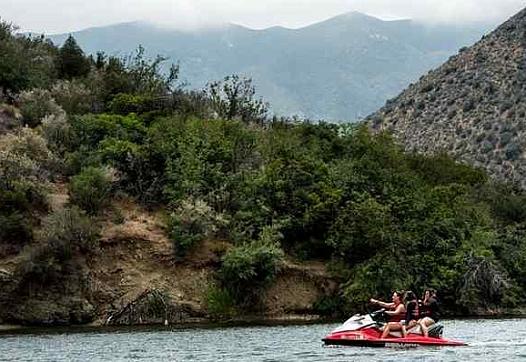
Cyanobacteria, commonly known as blue-green algae, produces potent toxins that sicken people and animals. This is the second time the state has issued a warning about the bacteria and its toxins at Pyramid Lake.
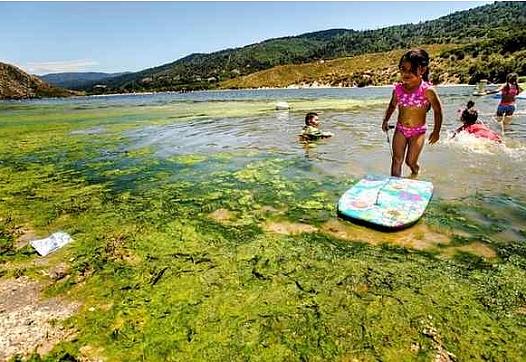
There are no confirmed human deaths linked to toxins produced by cyanobacteria, commonly known as blue-green algae, in the U.S., but in the wake of reports of dogs dying from ingesting these toxins, people are worried about the potential harm to humans.

Air pollution is a real health risk for people in communities across the U.S., as extensive research shows. But while we all have to breathe, not everyone breathes the same air, thanks to big variations from place to place.
It took less than 30 minutes for the 2-year-old golden retriever to die. One moment, the dog was swimming alongside her owners' canoe. The next, she was seizing and foaming at the mouth. Experts say toxic algae is a rising threat in California waters.
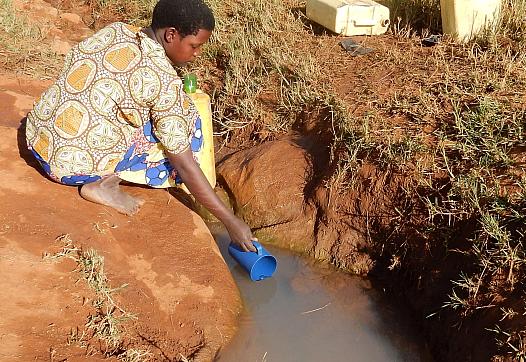
According to a survey conducted in early 2016 by ACH360, a nonprofit organization promoting health for rural communities in Ngora, Uganda, traditional beliefs associated with cancer in women are the reason why many do not seek early diagnosis and treatment.
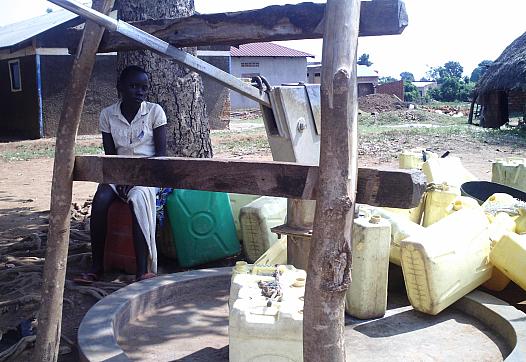
For many young women in rural Eastern Uganda, access to clean water is just one of many obstacles barring educational achievement and an escape from generational poverty

California has the worst air in the nation. Yet in the Los Angeles region, home to some of the country’s foulest air, kids are now breathing considerably easier. Wait — how does that work?
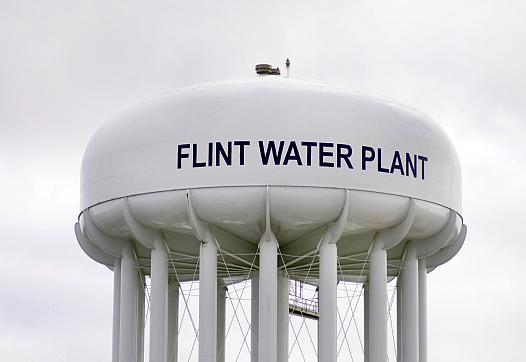
The tragedy in Flint continues to fill headlines. But nearly every community is at risk from some form of lead contamination. In our webinar this week, veteran reporters and experts offered journalists fresh ideas for covering such stories.